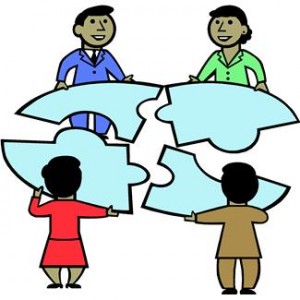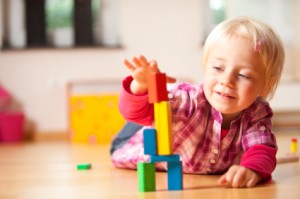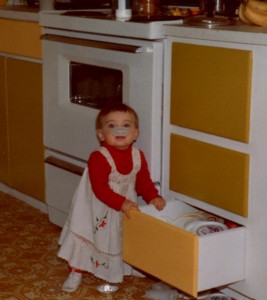There are so many different kinds of puzzles, but today’s post is about jigsaw puzzles, usually wood or thick paper pieces that have to get put together. (Or, there are puzzle resources on line or electronic devices.) As with blocks, puzzles encourage all kinds of learning and kindergarten readiness. On a short list would be such skills as:
- problem-solving, fine motor coordination, comparing, matching, reasoning
- sequencing, patterning, visualizing and visual perception,
- part-to-whole relationships, emotional control and regulation
- figure-ground awareness, goal-setting (finishing the puzzle,) perseverance
- memory, attention and focusing, patience, language stimulation
The task of connecting pieces is also happening in the brain, with all kinds of learning connections being made. Puzzles come in easy shapes with only a few pieces to extremely challenging ones with hundreds of pieces. For grown-ups who want to play there are ones with thousands of pieces and 3 dimensions. For both genders and all ages, puzzles can help brain development. Readiness for kindergarten can be quite a puzzle, can’t it?


